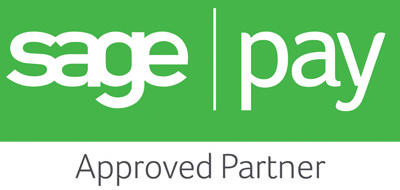Influencer Marketing - the Pros and Cons
Influencer marketing is one of the most talked about methods of advertising available to us, especially during a pandemic where print and outdoor advertising is having less and less of an effect due to a lower footfall outdoors; fewer people using public transport and many people discarding posted flyers immediately due to the fear of contamination. All forms of digital marketing are getting more attention now, as it's often the only reliable way marketers have to communicate with their audience, who are stuck at home.
Influencers have been very useful during the pandemic – notable public figures like Joe Wicks, whose PE programme has been well received by parents and fans of Joe alike, are the sort of influencers brands dream about doing business with. Other people, who achieve renown through charity work, product development or simply through being well known and famous, are also influencers – people respect them and their work and therefore their word is trusted.
Not all companies have the budget to work with very high profile influencers and in many industries the key leaders and influencers are specific to that sector – a Kardashian sister promoting burglar alarms, or ladders, for example, would have little clout. Having Watchdog presenter Chris Hollins promoting burglar alarms or Handy Andy promoting ladders would be much more in keeping with the brand, the product and the audience.
Finding the key influencers in your industry takes a little research.First you need to identify who the leaders are and find out which of them are active online (including LinkedIn), and who has the highest follower count. A high follower count alone is not a reliable indicator of an influencer's reach – you need to check how many of these followers are real accounts and how engaged their followers are with what they post. HypeAuditor, an online platform for checking the legitimacy and reach of influencers on social media, has developed the Audience Quality Score which indicates how much of a profile influencers really have.It looks at engagement rate, the authenticity of comments and the authenticity of the followers, including whether there are any strange patterns in follower acquisition.
When you work with a good influencer who is dedicated to their work, you can create a partnership that works for both of you. Using the audience insight your influencer has into their own following you can create and share audience profiles for your own marketing campaigns that run alongside the influencer ones – many influencers remove sponsored posts from their feed after a certain time, so in order for you to keep capitalising on that reach you need to be able to run your own version of the campaign.
Making a judgement on whether an influencer campaign has been successful requires reliable tracking of the action taken on their post. This can be done with landing pages created specifically for the campaign, which indicates that anyone entering your website on that page has come from the influencer campaign. There is also the option of discount codes created specifically for the campaign which give the same insight into the reach of that activity.
Influencer marketing can be a lucrative way of growing your business and reaching more people, but to be demonstrably effective you need ways of measuring the impact of these activities, and you need to be sure that the individual is the right influencer for your brand, product and industry.
